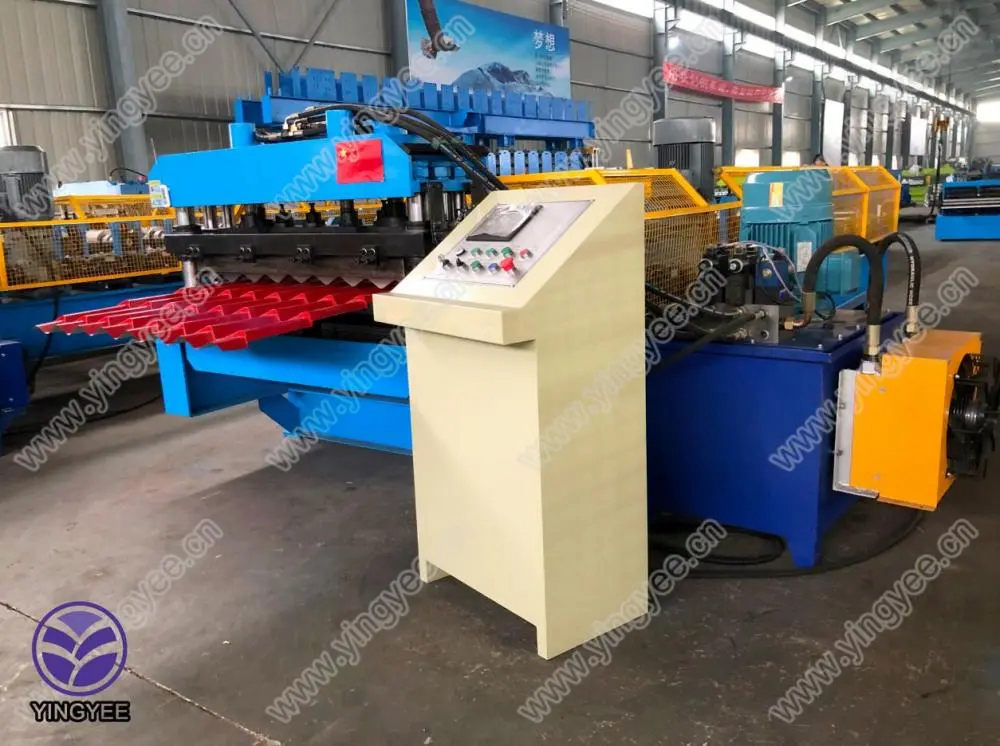
Understanding Road Sign Profile Cold Bending Machines
In the modern world, road signs play a crucial role in maintaining safety and order on our roads. They communicate important information to drivers, pedestrians, and cyclists, guiding them through various traffic scenarios. However, the production of these signs requires advanced technology, one of which is the road sign profile cold bending machine.
A road sign profile cold bending machine is specifically designed for the shaping and forming of metal materials, particularly for creating the frames and supports that hold road signs. Utilizing cold bending techniques, these machines allow manufacturers to create various profiles needed for road signs without the need for extensive heating processes. This approach not only maintains the integrity of the material but also promotes efficiency and cost-effectiveness in production.
Key Features and Benefits
The cold bending process involves bending metal at room temperature, which significantly reduces the risk of changes in the material properties that can occur during hot bending. This is particularly advantageous for road sign manufacturers who rely on both strength and durability to withstand various weather conditions and road impacts.
One of the key features of a high-quality road sign profile cold bending machine is its versatility. It is capable of handling different types of metal sheets and profiles, including aluminum and galvanized steel, which are commonly used in road sign production. The machine can produce a variety of shapes such as U-frames, L-frames, and custom profiles that serve specific functions in the construction of road signs.
Additionally, these machines often come equipped with advanced technology such as computerized numerical control (CNC). This technology allows for precise programming and automation, resulting in consistent production output and minimized human error. This is vital in ensuring that road signs are produced to meet stringent regulatory standards.

Safety is another essential factor. A road sign profile cold bending machine is designed with safety features that protect operators during the bending process. Emergency stop buttons, safety guards, and automated systems significantly reduce the risk of accidents, ensuring a safer working environment.
Environmental Impact
The cold bending process is also more environmentally friendly than traditional methods. By reducing energy consumption—since there is no need to heat the metal—manufacturers can decrease their carbon footprint. Furthermore, modern machines are often designed to minimize waste by optimizing material usage, contributing to a more sustainable manufacturing process.
Applications Beyond Road Signs
While the primary application of the road sign profile cold bending machine is in the production of road signs, its utility extends beyond this field. The flexibility of the machine allows it to be used in various industries, including construction, manufacturing, and infrastructure development. It can produce components for safety barriers, fencing, and other structural elements that require similar metal bending capabilities.
Conclusion
In summary, road sign profile cold bending machines represent a significant advancement in the manufacturing of essential road safety equipment. The combination of precision engineering, versatility, and safety systems not only enhances the production process but also ensures that the road signs produced are of high quality and durability. As the world continues to prioritize safety and efficiency in transportation, the role of such machinery will only become more critical in the years to come. Embracing these technological advancements will surely lead to a safer and better-regulated road environment for everyone.